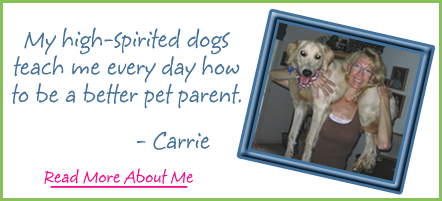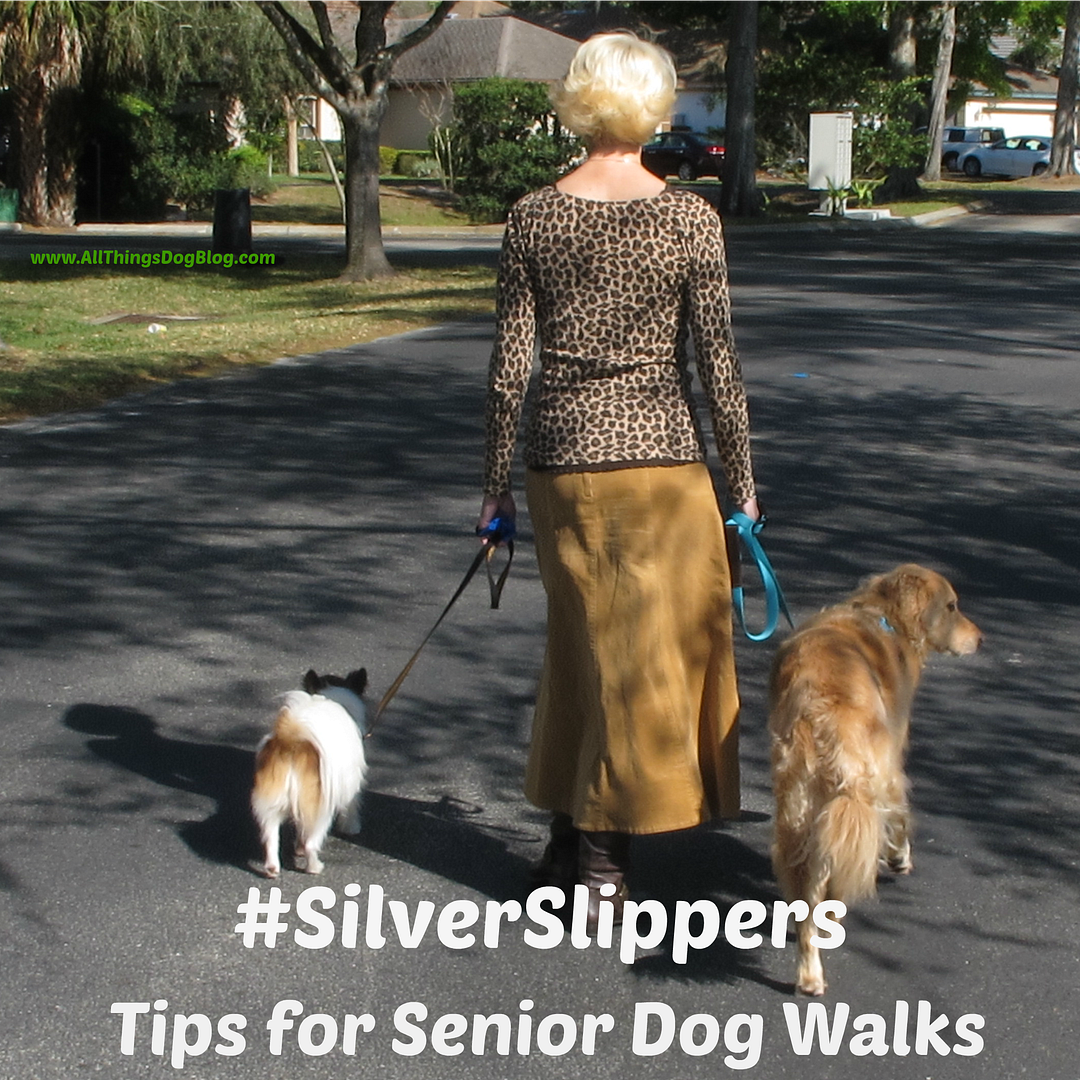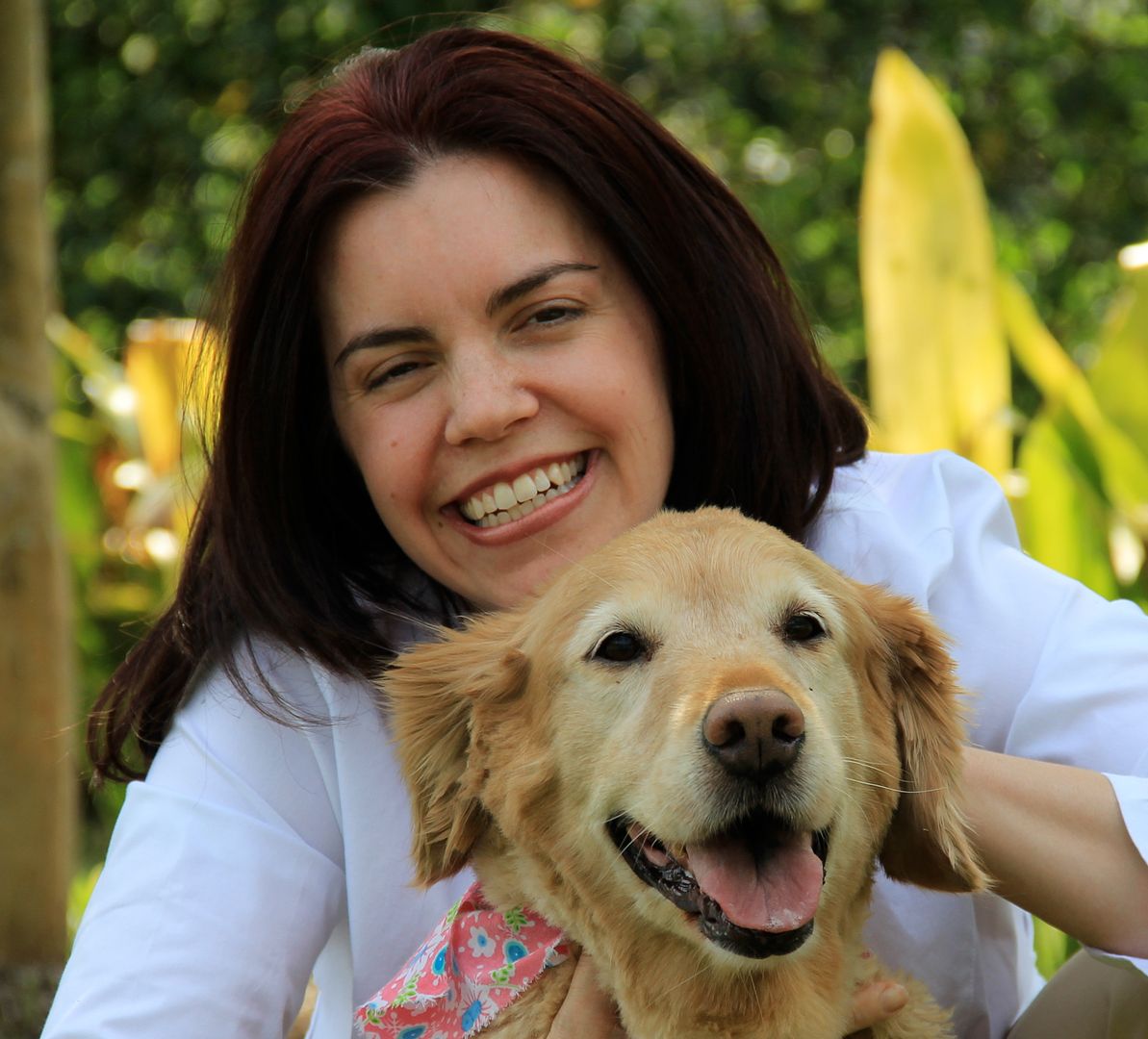Fear of Thunderstorms
is a Common Problem among Dogs
Dear Dr. Jacki:
My dog is terribly fearful of thunderstorms and lightening. He presses his body close to me and is clearly confused and scared. What causes this and what can I do to help him?
Thanks, T.Y.
Thanks, T.Y.
******************************
Dear T.Y.,
I am sorry to hear about your dogs fear of thunderstorms and lightning. While there is no good way to tell why dogs become reactive to storms, the current school of thought is that they are sensing the storm before we are even aware that one is coming. They seem to sense the change in barometric pressure long before they hear the clap of thunder and lightning. That being said, by the time we humans hear the rumbles, it is often long after our dogs are exhibiting their nervous behavior. Here are a few suggestions that may help.
It is a good idea not to make a big deal about the storm. Extra attention only reassures your pet that there is something to be nervous about. It helps to teach a dog to go to a ‘safe place’ to settle and relax. Whether it is a crate, bathroom or laundry room, they need to find comfort in a safe place.
You could attempt to play some music or ‘white noise’ in this relaxing place in order to drown out the sounds of the thunderstorm. Some individuals have tried to play ‘thunderstorm sounds’ on the radio in hopes of desensitizing their dogs but it hasn’t proven effective.
Some individuals have found success in herbal remedies. For example, Bach Flower Remedy added to the water or an anxiety wrap placed on your pet. You can learn more about these on vetnutrition.blogspot.com and anxietywrap.com.
For other dogs, a daily dose of an anti-anxiety medication does the trick. This is something that would need to be scripted out by your veterinarian and it could be used as needed or possibly daily depending on the severity of the anxiousness. Make an appointment with your veterinarian and she can help you choose the correct medication, if necessary.
In my opinion, thunderstorm anxiety is a life long issue. It doesn’t necessarily get worse with age but needs to be prevented as much as possible in order to keep your pet safe and happy. Thanks for your question.
Take care, Dr. Jacki
Dr. Jacki
ASK THE VET
For more information on Dr. Jacki and her practice, you may find her at 4 Paws House Calls. A personal appointment will likely provide more specific information on your dog and your questions.
Dr. Jacki's opinion or advice does not replace an actual exam with a veterinarian.
Follow All Things Dog at Twitter
Find me at Facebook








































0 comments:
Post a Comment